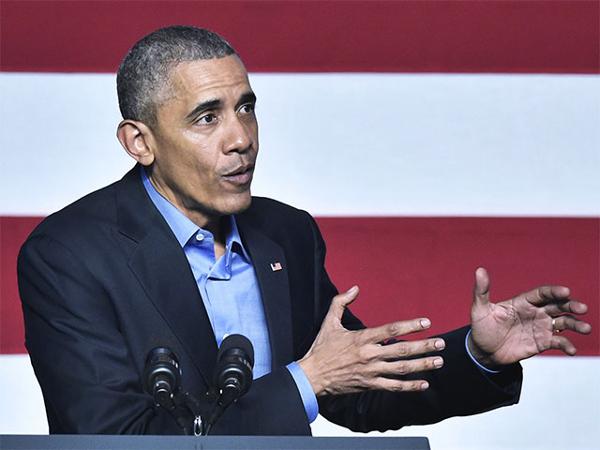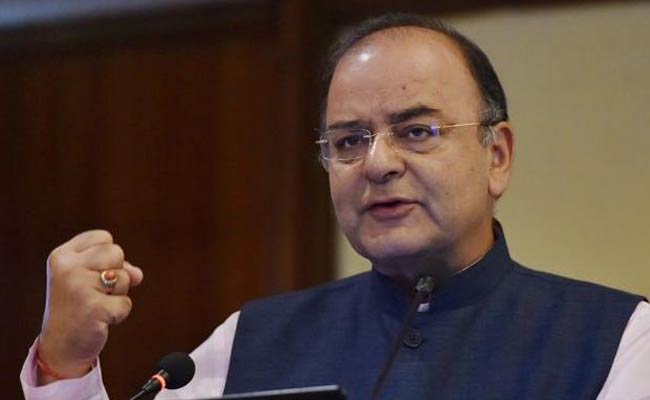President Barack Obama on Monday became the first sitting U.S. president to step foot in the isolated Southeast Asian nation of Laos, opening a three-day visit meant to rebuild trust and close a dark chapter in the shared history between the two countries.
Obama exited the main door of Air Force One, clutching a black umbrella in the evening rain in Vientiane, the capital, before the motorcade whisked him away.
Obama is one of several world leaders coming to the country of nearly 7 million people, where the one-party communist state tightly controls public expression but is using its moment in the spotlight as host of the annual meeting of the Association of Southeast Asian Nations to open up to outsiders.
The visit comes during what is probably Obama’s final trip as president to Southeast Asia, a region that has enjoyed intense attention from the U.S. during his tenure.
Obama’s frequent visits to oft-ignored corners of the Asia Pacific have been central to his strategy for countering China’s growing dominance in the region.
By bolstering diplomatic ties in Vietnam, Cambodia and Myanmar, the Obama administration has declared it wants to compete for influence and market access in China’s backyard.
In Laos, Obama will wrestle with the ghosts of past U.S. policies.
In the 1960s and 1970s, the U.S. rained bombs on Laotian villages and the countryside as America’s war with Vietnam spilled across the border.
The Laotian government estimates that more than 2 million tons of ordnance were released during more than 500,000 missions — one bomb every eight minutes for nine years.
An estimated 80 million cluster bombs did not explode, leaving tennis ball-sized “bombies” littering the impoverished countryside to wound and kill unsuspecting people.
Obama planned to acknowledge this history and its damaging effect on Laos’ development, tourism and agriculture. He is expected to announce additional aid to clean up unexploded ordnance, while the Laotian government is expected to offer help in accounting for missing and dead US service members.
Obama said on Monday in China, before he departed for Laos, that diplomatic work on war legacy issues will be “a show of good faith on the part of the country and a way for us to move into a next phase of a relationship.”
He cited Vietnam as the model. Aides said Obama’s visit will probably echo a stop in Hanoi, Vietnam, in May, when the president declared he was “mindful of the past, mindful of our difficult history, but focused on the future.”
(Sourced from agencies, Feature image courtesy:economictimes.indiatimes.com)
























